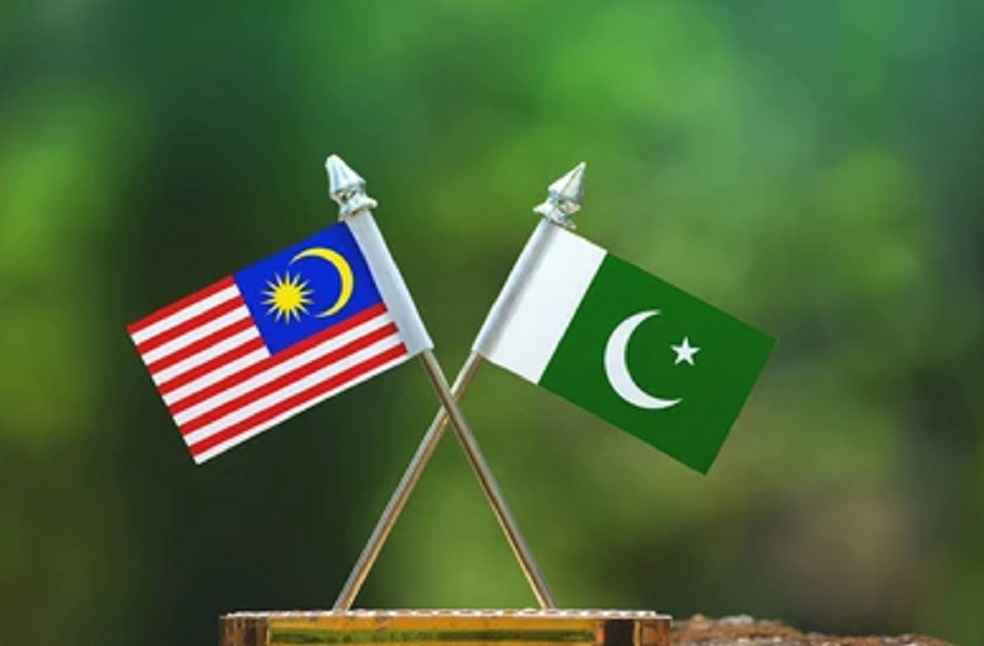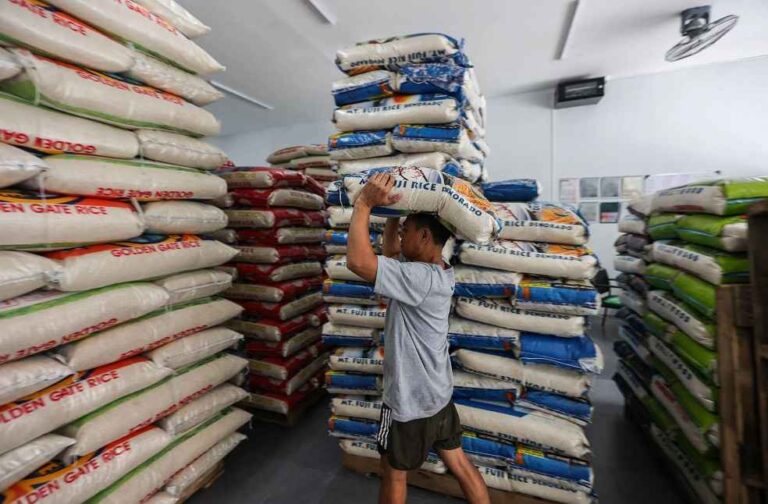The trade dynamics between Pakistan-Malaysia saw a significant surge by underscoring Malaysia’s augmented importation of rice and frozen food from Pakistan. Herman Hardynata Bin Ahmad, Malaysian Consul General, disclosed these developments during a session at the Karachi Chamber of Commerce & Industry (KCCI).
Historically skewed towards Malaysia, the trade balance witnesses gradual adjustment. Malaysia, predominantly exporting palm oil to Pakistan, confronts limitations in fulfilling Pakistan’s expanding demand, attributed to its constrained production capabilities. Ahmad elucidated, referencing Malaysia’s peak production capacity, and the geographical, production constraints, fully meeting Pakistan’s demand challenges.
The assembly, featuring KCCI President Iftikhar Ahmed Sheikh among distinguished attendees, delineated strategies for reinforcing trade and investment connections. Ahmad’s commitment to participating in further business community engagements in Karachi underscores an ambition to solidify Malaysia-Pakistan economic ties.

The multifaceted Malaysia-Pakistan collaboration extends beyond commerce into defense, symbolizing a profound partnership ethos. Both nations exchange officials for training, illustrating reciprocal commitment to shared security interests. Ahmad spotlighted prospects for collaboration across tourism and numerous economic domains, indicating a comprehensive approach to bilateral enhancement.
KCCI’s instrumental role in nurturing these economic dialogues garnered appreciation from Ahmad, highlighting the chamber’s pivotal contribution to smoothing trade pathways and facilitating issue resolution with Malaysia. Such engagements are crucial for spotlighting and mitigating trade impediments, thus fortifying economic relations.
Sheikh emphasized the strong, yet underutilized, economic relationship between the nations, pointing to the potential for escalated trade. With Pakistani exports to Malaysia pegged at approximately $300 million in FY23, there exists a compelling necessity for amplification. Sheikh called for the dismantling of trade barriers and product diversification to amplify economic cooperation.

Advocating for a comprehensive Free Trade Agreement (FTA) and economic integration with the ASEAN bloc, Sheikh envisioned a substantial boost in trade volumes and strengthening of ties. He also highlighted strategic initiatives like the SIFC and CPEC, offering Malaysian enterprises avenues for joint ventures across diverse sectors including agriculture, textiles, and pharmaceuticals, among others.
This discourse between Pakistan and Malaysia, rooted in mutual respect and a collective economic advancement agenda, signals a commitment to transcending challenges and harnessing opportunities for reciprocal gain. As both nations venture into new cooperation domains, the fortification of their economic and trade relations heralds a bright prospect for bilateral prosperity and regional economic upliftment.
LATEST NEWS | EU’s ‘Aspides’ Launch: Shielding Red Sea Trade from Houthi Threats



